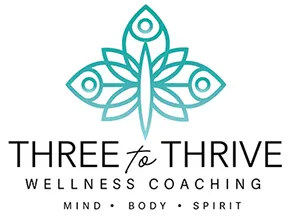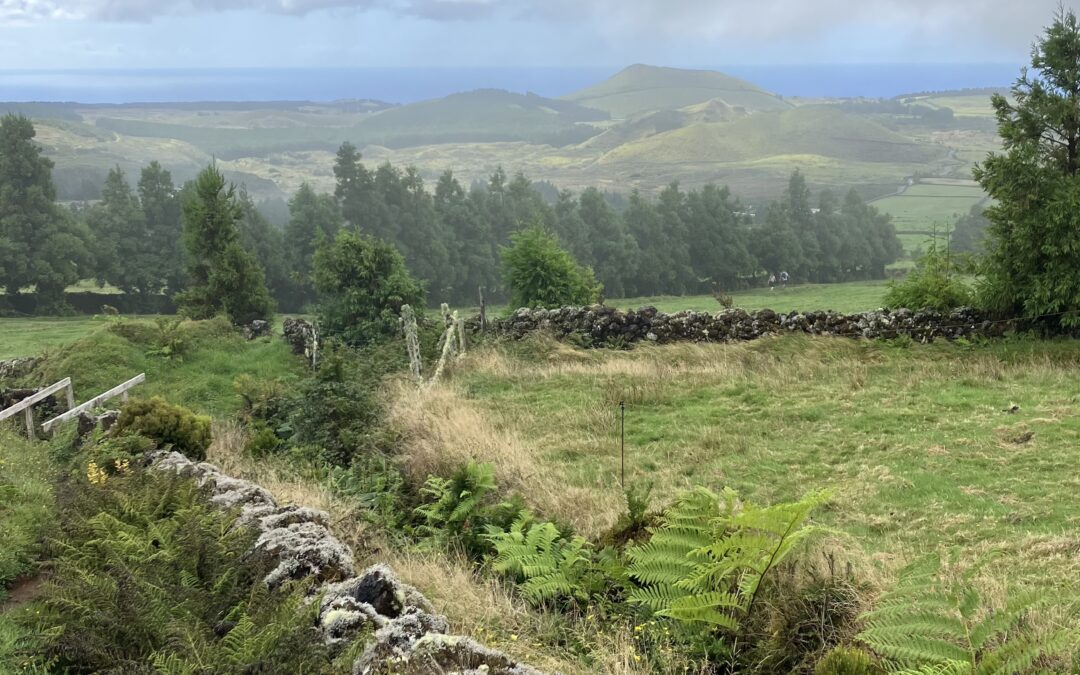Just Say No
Do any of these statements describe you?
- There areas of your life where you’re feeling resentment, drama, anger, or exhaustion
- You have trouble saying NO
- You feel responsible for how others are feeling
- You have trouble speaking up for what you want/need
- You find yourself easily frustrated or exhausted
- You feel powerless or taken advantage of
- You dread events or people you feel obligated to see
- You resort to unhealthy coping skills
As a confirmed people-pleaser, I may or may not have checked most of these statements. So really this blog is written for my own wellbeing. But chances are, you may find yourself in need of a little boundary exploration of your own.
What are boundaries?
Boundaries define who we are and who we are not- a personal property line that marks those things for which we are responsible. Simply put, boundaries are our needs and expectations for ourselves and for those around us. Depending on our background, personality, and personal awareness, we can find ourselves with porous, rigid, or healthy boundaries.
I was always taught to put other people first. It IS a good practice to love our neighbors. However, as a sensitive introvert, these ideal behaviors became internalized as the need to please others. I developed the practice of feeling responsible for everyone else’s happiness. On the flip side, my boundaries around asking for help or sharing my feelings became more rigid. Counseling and a few wonderful resources have really helped to understand the need and skills for healthy distinctions between my needs and caring for others.
Types of boundaries:
Physical boundaries help us determine who may touch us and under what circumstances. Intellectual boundaries give us the freedom to have our own thoughts and opinions. Emotional boundaries help us to deal with our own emotions and disengage from the harmful, manipulative emotions of others. In our society that values productivity and busyness, time boundaries are very difficult to hold onto.
Benefits of healthy boundaries:
- Less exhaustion and resentment
- Healthier relationships
- Less guilt and less apologizing for saying ‘no’
- Greater peace and energy
- More compassion
- More time for yourself
- A clearer idea of who you are
- Protection of your core values
“Relationships take work, but they do not have to be hard and challenging. Even in healthy relationships, people have to practice healthy communication and establish expectations. Before you throw in the towel, try communicating your needs and being open about what matters to you in a healthy relationship.”— Nedra Tawwab, author of Set Boundaries, Find Peace
How to set boundaries:
- Identify areas where you are exhausted, resentful, or angry- Check in with your core values.
- Define your boundary- What you want to hear, see, or do. For example, you may determine that you need at least three nights at home each week and will cancel a meeting if there are too many.
- Trust your intuition- Moments of “I feel it in my gut.” If you follow your intuition about what you need, you will avoid more problems in the future.
- Just say NO- don’t apologize or give long explanations; you will dilute the power of NO.
- Be assertive, calm & polite- Pay attention to people’s reactions. If someone gets upset about you setting a boundary, it’s more evidence that a boundary was needed.
- Define the consequences- address boundary violations early. For example, “Next time you stop by without checking first, we’ll have to ask you to go.”
- Let go of guilt- Your ‘no’ may empower the other person to take responsibility or make better choices instead of enabling them to keep doing what they’re doing.
- Use support- If someone is abusive or crossing boundaries, talk to a therapist, mentor, coach, or check out the resources below.
- For the people who aren’t respecting your boundaries- Have courage that everything will be OK. Express your needs simply, kindly and clearly (and maybe often).
“Learn to say ‘no’ to the good so you can say ‘yes’ to the best.” -John C. Maxwell, renowned author, speaker, and leadership expert.
Be Well,
~Trish
Thanks for joining us in a place of encouragement and inspiration on your path to well-being. You deserve it!
If you are new to our newsletter, check out past blogs and additional resources at threetothrivewellness.com. Please share this newsletter with anyone you think would benefit from reading it.
Resources-
Set Boundaries, Find Peace by Nedra Tawwab https://www.nedratawwab.com/
Boundaries by John Townsend and Henry Cloud https://www.boundariesbooks.com/
Good Boundaries and Goodbyes: Loving Others Without Losing the Best of Who You Are by Lysa TerKeurst
Essentialism: The Disciplined Pursuit of Less by Greg McKeown

